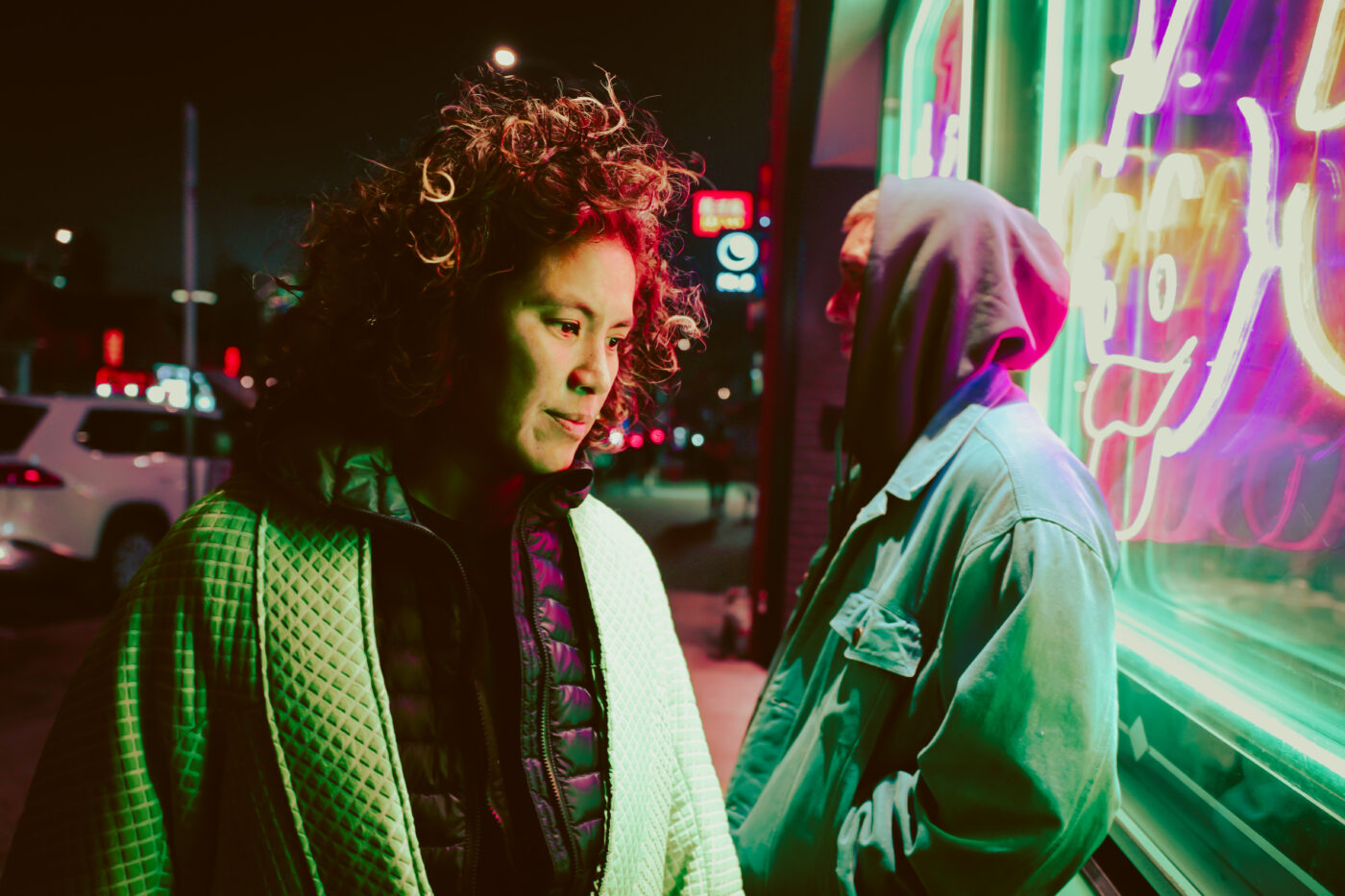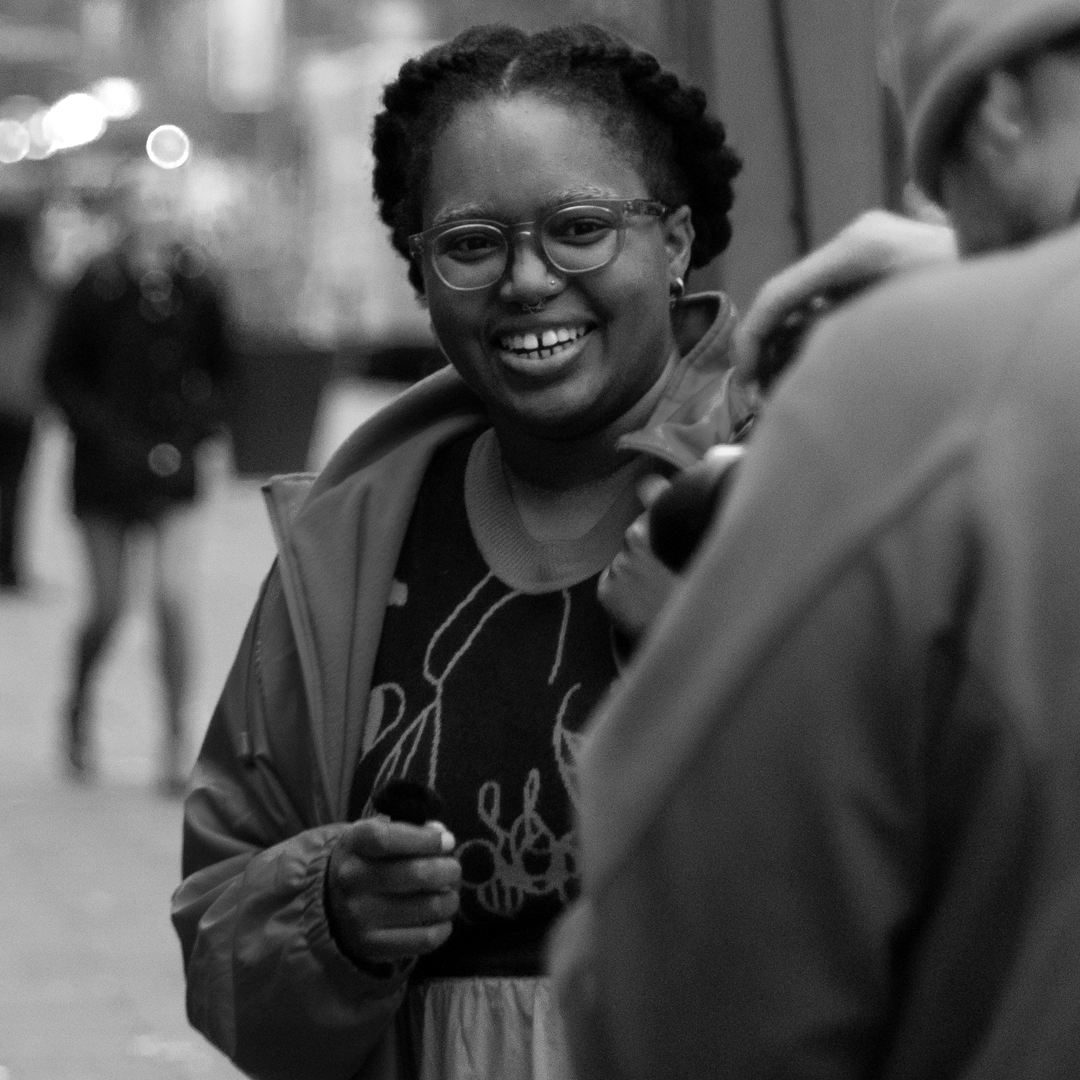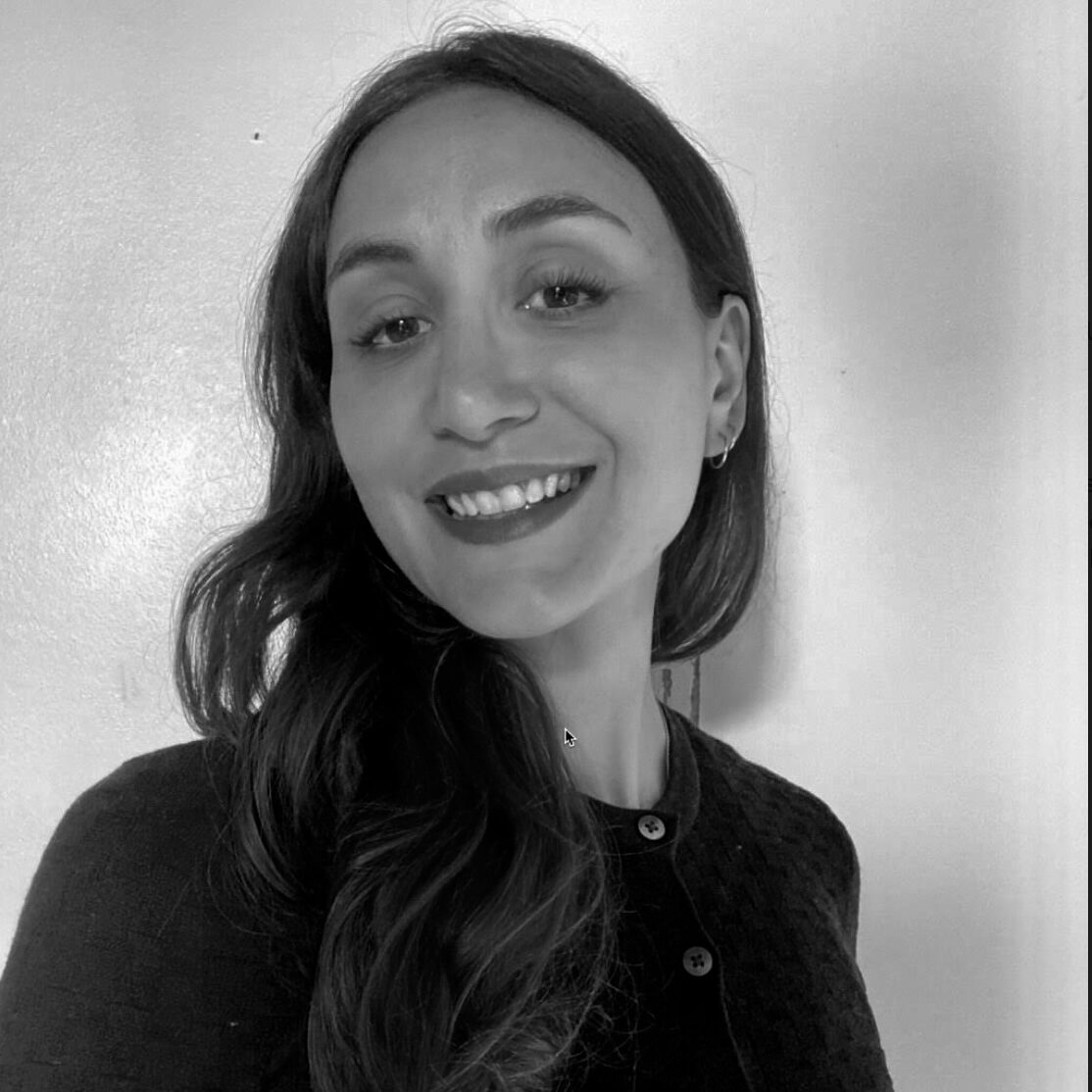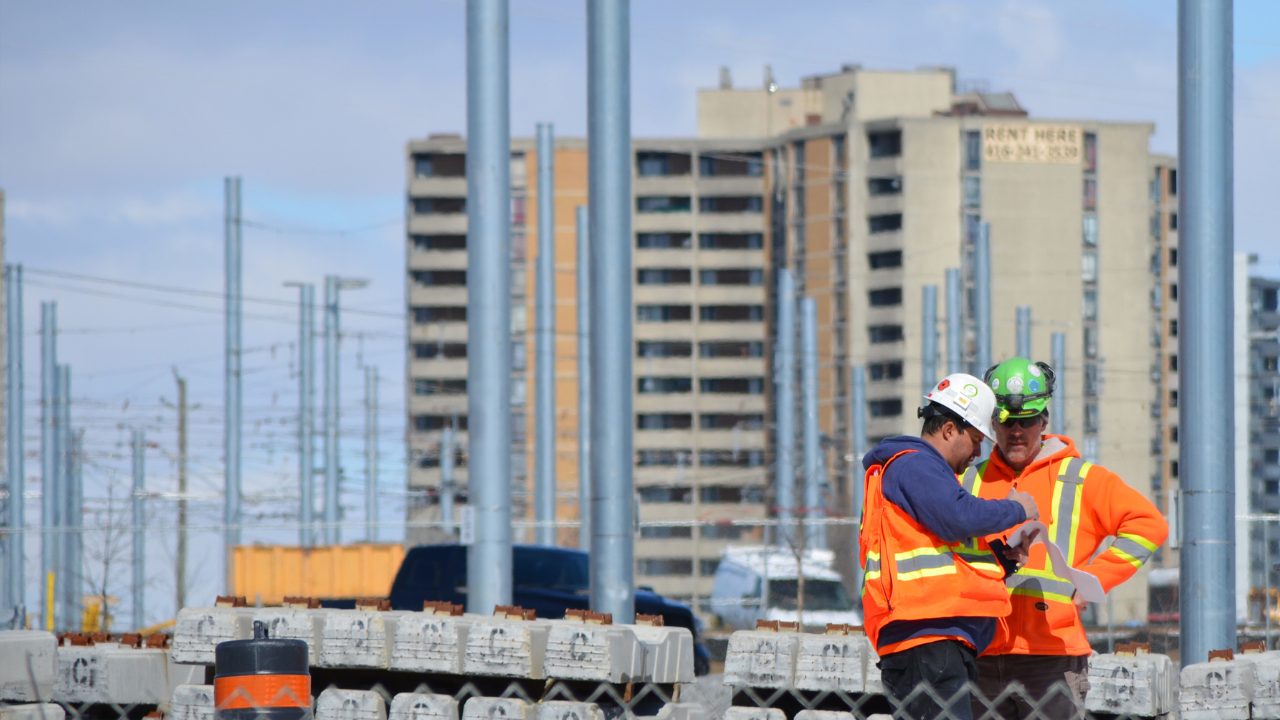THE GREEN LINE'S
CHANGEMAKER INTERVIEW
Building a more inclusive music scene with Venus Fest’s apè Aliermo
For our August 2025 Changemaker interview, we spoke with apè Aliermo, artistic director of Venus Fest, about how the festival is addressing historic industry challenges.

apè Aliermo, Filipinx-Canadian experimental musician, song writer and Artistic Director of Venus Fest.


Adele Lukusa
Graduate of Toronto Metropolitan University and Kitchener native living in Riverdale. Enamoured with all things arts and culture. Journalist and avid zinester who loves criticism, but loves iced tea more.

Mary Newman
British-Canadian journalist with a decade’s experience producing for the BBC and CBC. Hails from Robin Hood country so naturally hates wealth inequality and loves organized labour. Now resides in the dog paradise of Roncesvalles.
Aug. 15, 2025
The music industry might be shifting, but it’s still a tough space for anyone who isn’t a man.
Women and those who don’t fit neatly into the gender binary still face challenges — whether it’s for recognition, opportunities to move up, or fair pay.
That’s where Toronto’s Venus Fest comes in. Founded in 2017, the festival and mentorship program aims to address historic industry challenges and represent fresh voices that are pushing for change.
To find out more, The Green Line’s engagement reporter Adele Lukusa sat down in Allan Gardens with apè Aliermo, Filipinx-Canadian experimental musician, song writer and artistic director of Venus Fest.
What’s the idea behind Venus Fest?
Venus Fest started off around eight years ago as a way to fill the gender gap [in the music industry].
At this point, we’re not just a woman-focused festival. It's become more inclusive, showcasing femme, trans femme and gender-expansive artists with a special focus on BIPOC and queer creatives.
We have a mentorship program where we offer emerging musicians one-on-one time with established artists to get more insight into the industry and artistic practices. We also offer a handful of workshops. We really want to empower artists because oftentimes they're here to create and they don't always know how to navigate the industry. We pay as much as possible, higher than industry standard rates. [Venus Fest provides an honorarium of $500 for full participation of mentees.] We also take care of other things that not a lot of promoters or festivals do because we operate as a non-profit. So we’re able to house out-of-town artists and feed them really well.
Can you talk a little bit more about the Toronto music scene and how the city is or isn’t supporting it?
In the last few years, since DIY venues have been shutting down, the Music Office at The City of Toronto has been way more mindful in trying to make music happen.
They've been really actively figuring out alternative venues and connecting promoters with venue owners and curators. In the last few years, I’ve witnessed them putting more attention into event venues and having folks connect with each other and it’s been very productive.
However, in the broader scheme of things, the City needs to put more attention into living spaces and affordable studios because it's really hard for artists to survive with Toronto's rent. There’s also a need for affordable accommodations when artists come into town to visit because no one can afford $400 or $500 a night for a hotel.
Making the city just livable and affordable for artists is so important. And then, protecting public funding [is important] because a festival like Venus Fest — a non-profit that really works hard to take care of artists — can only do so with money. To maintain the certain level of ethics that we do, public funding is really valuable for us, for sure.
Is there any particular artist that brings a little something to the city that you wish more people would hear?
Sydanie prides herself on being a single mom, which I really appreciate. There's something that comes with being a parent. Then there's something that comes with being a single parent; and then there's something that comes with being a single parent who's also a really sick artist, you know.
Kat Estacio from the queer Filipinx gong group Pantayo is always bringing it.
What’s your advice for younger artists who are trying to make it in the city, to make sure that this practice is sustainable?
My advice is: find your people. Find community, contribute, build, connect and just surround yourself and work with people who feel good. Because it's a harsh, rough industry — or it can be. At the end of the day, that’s who you will be left with.
| What’s one tangible thing people can do to support the work you do?
Just coming out to the festival at the end of September. It's going to be on Sept. 25, 26 and 27, partially at Allan Gardens. We have a whole lineup of incredible artists. Coming to the festival helps a lot. And there's a handful of non-profit orgs and artists that directly support Palestine, like Writers Against the War on Gaza (WAWOG) — you can find ways to support them too. |
||
This interview was edited and condensed for clarity.
Fact-Check Yourself
Sources and
further reading
Don't take our word for it —
check our sources for yourself.
Care about our city, but don't know how to make it better? Sign up for simple, step-by-step guides to solving problems in your neighbourhood — one small action at a time.
